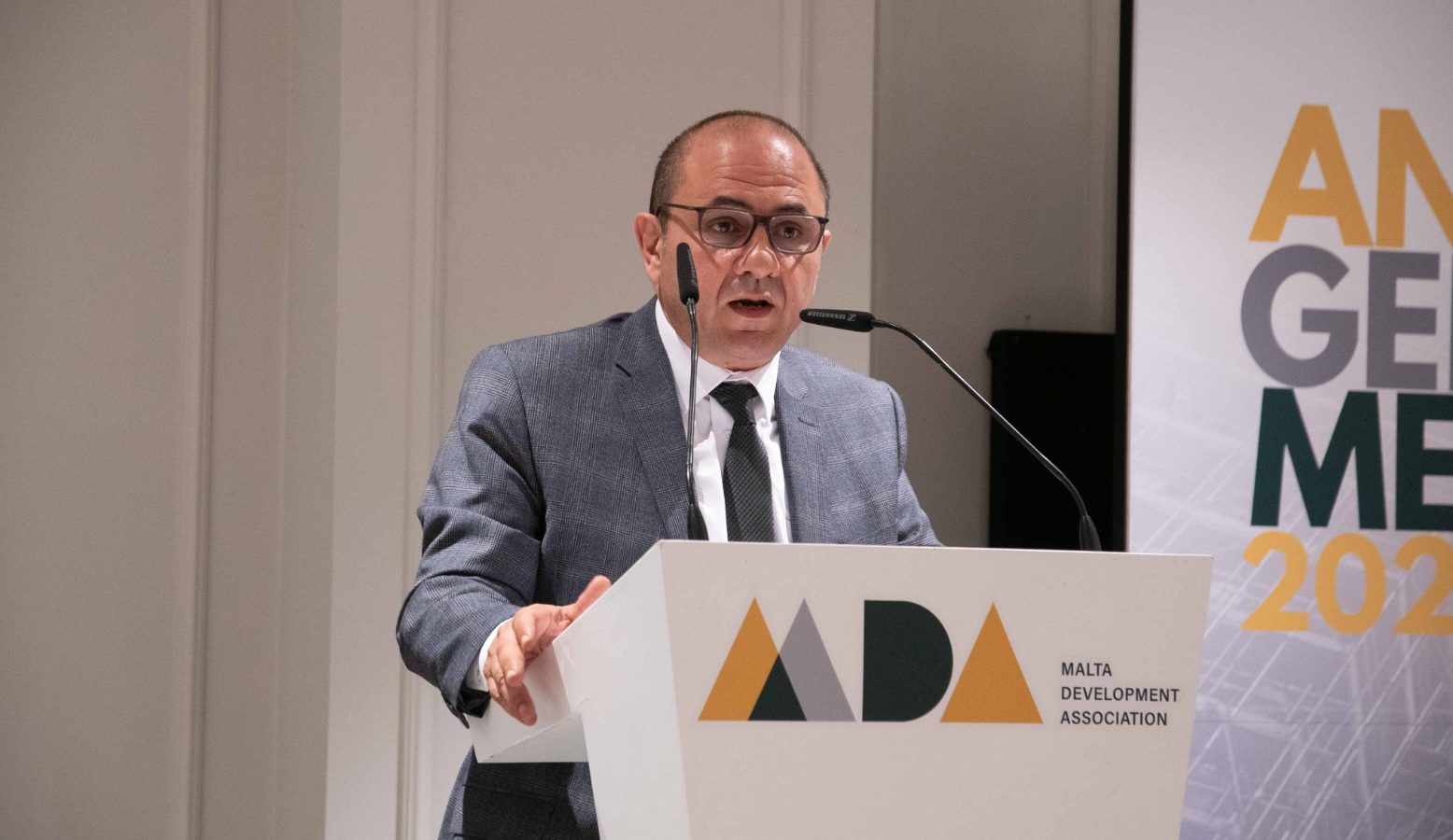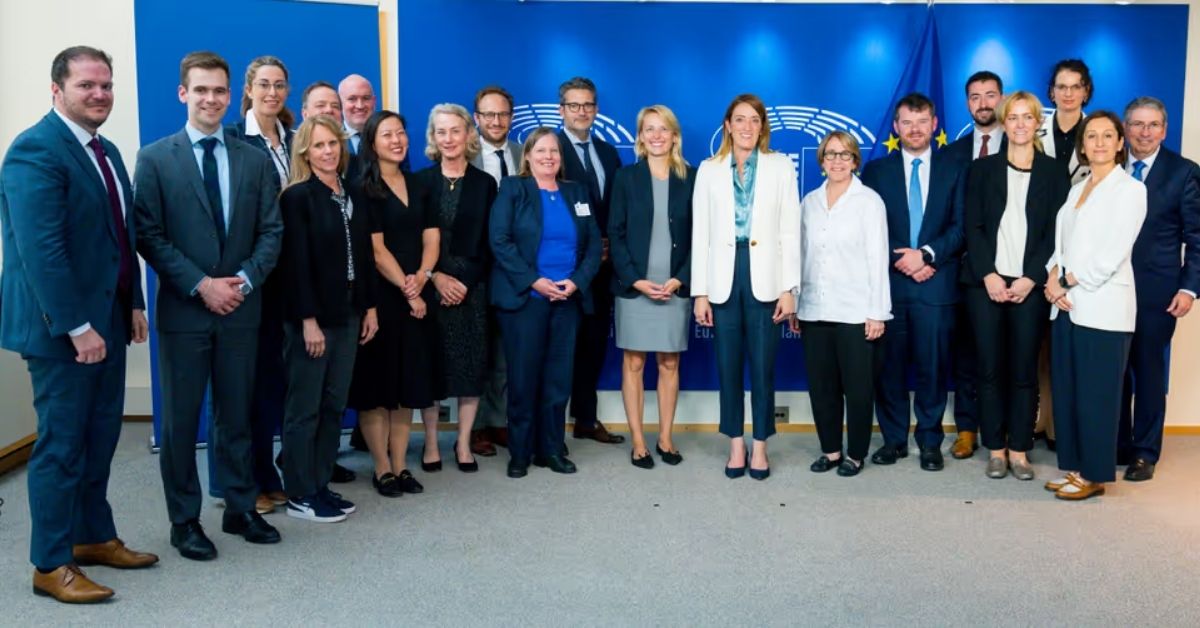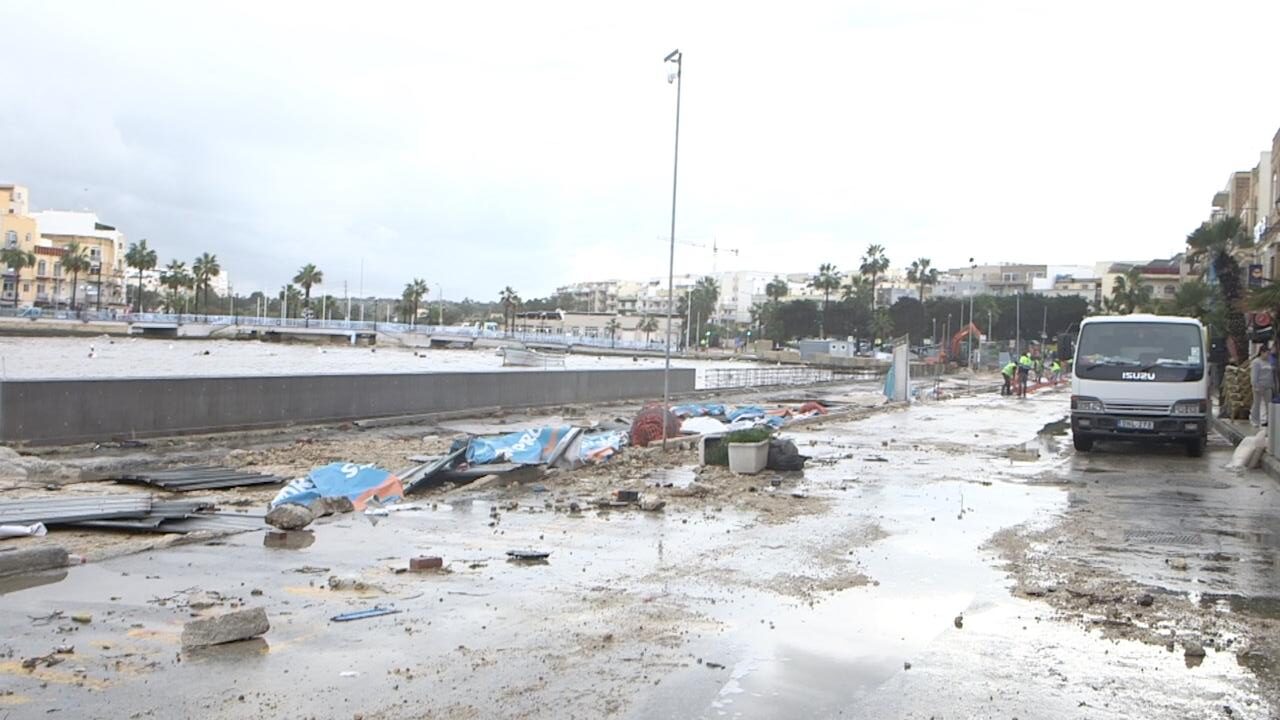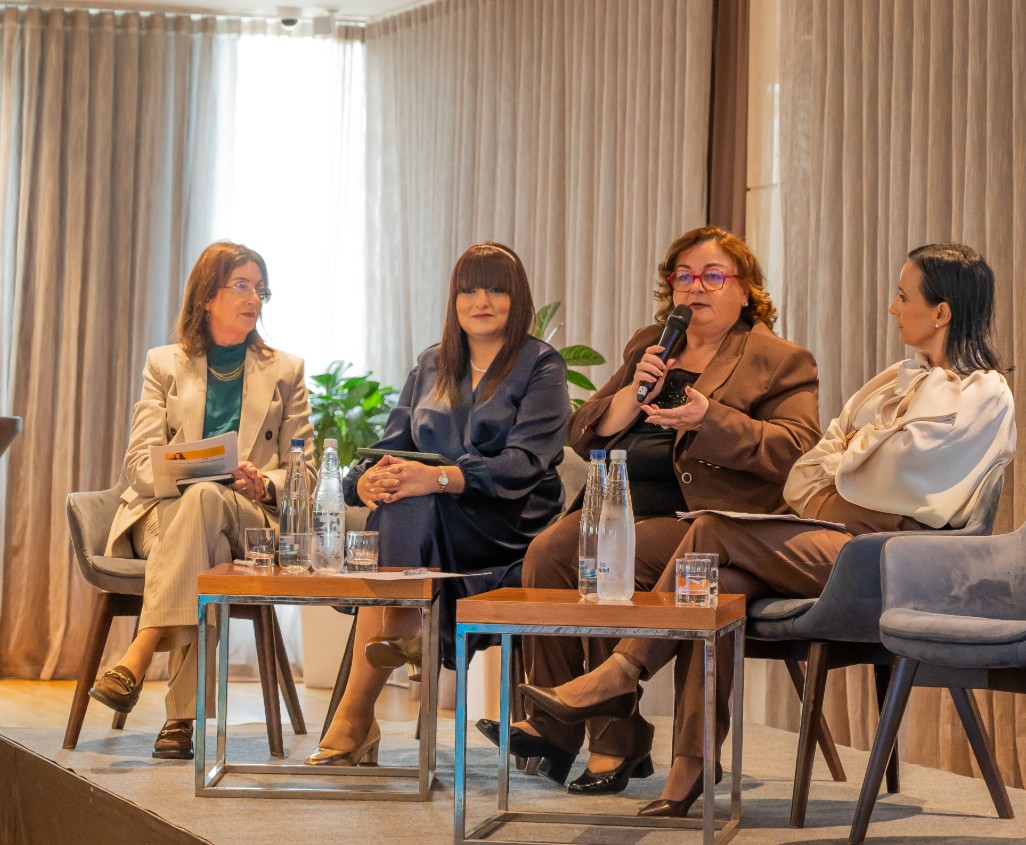The Malta construction sector is adjusting to a new reality, shaped by a combination of persistent cost increases, permit delays, and a declining trend in plot sales, says Malta Developers Association (MDA) President Michael Stivala.
Between 2020 and 2022, construction costs in Malta rose by approximately 33 per cent, with prices peaking in the second quarter of 2022. While the latest data from the newly released Malta Property Landscape – A True Picture, published on Tuesday (today) by Grant Thornton and Dhalia, confirms that construction costs have stabilised since then, they remain significantly elevated – up 33.9 per cent compared to 2020 levels.
Speaking to BusinessNow.mt, Mr Stivala acknowledged the pressures facing the sector, attributing the increase to “global supply chain disruptions, inflationary pressures, and increased material costs.” While he noted that costs have plateaued since their 2022 high, he cautioned that the construction industry must now adapt to what he described as a “new normal.”
“Recovery will depend on several factors, including policy adjustments, technological advancements, and efficient resource management,” he said. “With targeted efforts, the sector can regain momentum, though it will likely differ from the pre-2020 landscape.”
The Grant Thornton-Dhalia report also sheds light on a drop in the number of building permits issued. It states that the volume of permits issued has followed a declining trend over the past years, decreasing from a peak of 2,868 permits in 2018 to 1,749 in 2024.
The Planning Authority (PA) has extended the validity of permits issued in 2019 until 2029, a move that Mr Stivala sees as a reflection of deeper structural issues. “The extension of permits by the Planning Authority until 2029 highlights a combination of challenges, including workforce shortages, delays in obtaining work permits for foreign labour, and bureaucratic inefficiencies,” he explained.
He added that prolonged delays in processing work permits are compounding the shortage of workers and holding up projects. “Excessive red tape remains a significant barrier, adding unnecessary complexity and cost to the development process,” Mr Stivala said, arguing that streamlining both administrative procedures and permit systems is crucial to ensuring a more agile and responsive sector.
Another point of concern is the marked decline in plot sales. However, Mr Stivala stressed that this does not necessarily indicate that all buildable land has been used up.
“The decline in the sales of plots of land does not necessarily indicate that all developable space has been utilised,” he said. “It may reflect market saturation in certain areas, changes in investor sentiment, or increased caution given current market dynamics.”
Despite these challenges, he emphasised that development opportunities remain, particularly in underutilised areas or regions in need of regeneration. “Addressing bureaucratic inefficiencies and ensuring clarity in regulations will also play a key role in unlocking this potential,” he added.
Taken together, the rising cost of building, tighter financing conditions, workforce limitations, and declining permit numbers suggest that Malta’s construction sector may not rebound in a traditional sense – but instead, evolve into a leaner, more strategic industry. As Mr Stivala highlighted, whether this is a temporary dip or the start of a lasting shift will depend heavily on coordinated policy reform and industry adaptation.
French NGO accuses Metsola and MEP of working with USA to dismantle Green Deal
Bloom calls out EU officials for 'adopting the Trump administration's strategy' to torpedo corporate environmental due diligence
Storm-hit businesses can now apply under amended Malta Enterprise scheme
A new measure offers targeted aid to storm-hit businesses while giving non-compliant operators one year to regularise their permits
Access to finance and rising fraud risks discussed at Malta Women & Finance Summit 2026
Expert advice for spotting scams and opinions on investing






